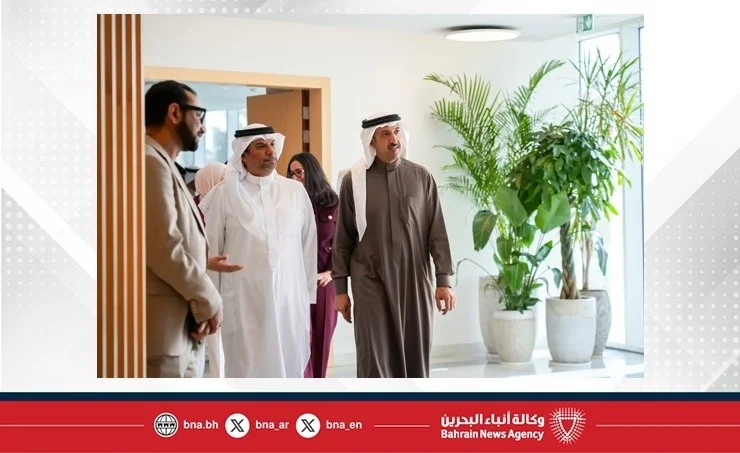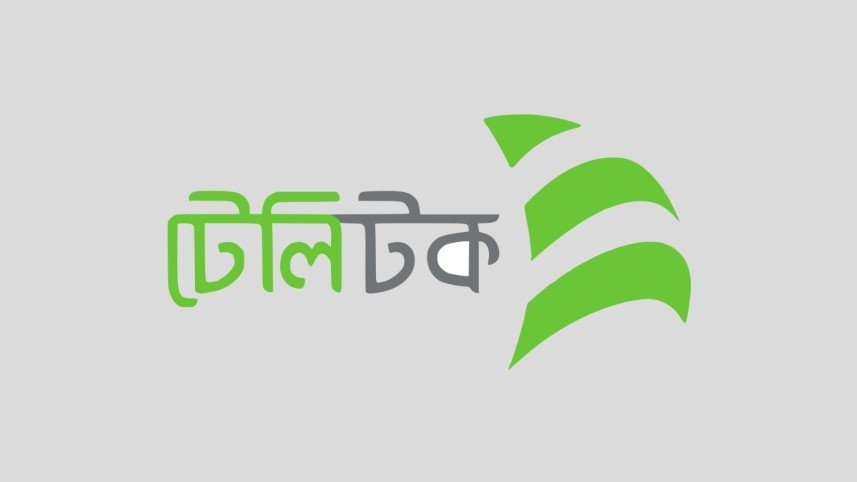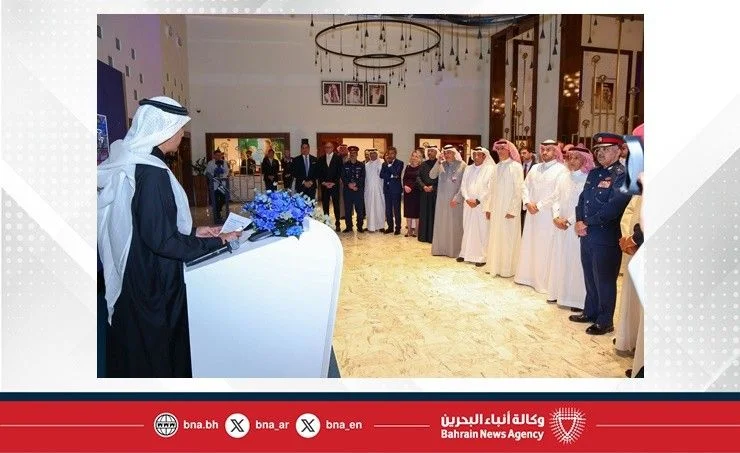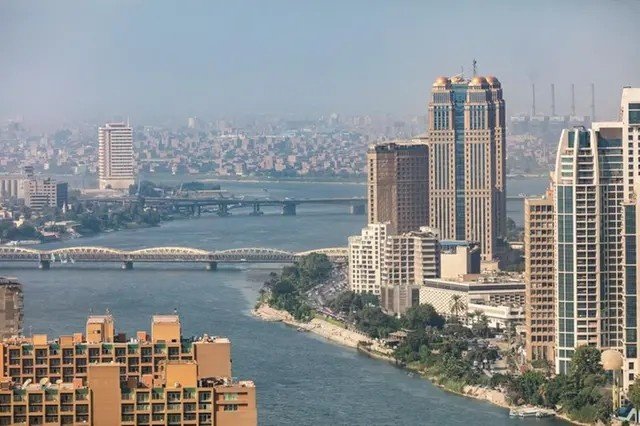Morocco’s National Telecommunications Regulatory Agency (ANRT) has introduced a new regulatory framework requiring telecom operators to share fiber optic infrastructure, a landmark reform aimed at strengthening competition, accelerating broadband rollout, and improving service quality nationwide.
Under the framework, operators are divided into two categories: Infrastructure Operators (IOs), responsible for building and owning fiber networks and obliged to provide access on transparent, non-discriminatory terms; and Commercial Operators (COs), who will use these networks to deliver services to consumers. The rules apply to both existing and future fiber deployments, with regulated access rates made publicly available to ensure fair market conditions.
The reform is a key step in Morocco’s Digital 2030 strategy, supporting the rollout of 5G by expanding access to underlying infrastructure. The ANRT’s goal is to grow the number of households eligible for fiber optic connections from 1.5 million in 2022 to 5.6 million by 2030.
The policy is also expected to break Maroc Telecom’s dominance in fixed infrastructure, giving operators like Inwi and Orange greater scope to compete. By mandating infrastructure sharing, authorities expect several benefits:
- Lower costs for fiber access by reducing the need for duplicate investments.
- Wider coverage, especially in less profitable regions where operators were hesitant to expand.
- Better service quality, with more stable and efficient internet connections.
By enforcing infrastructure sharing, Morocco is taking a decisive step toward inclusive digital growth, positioning itself as a regional leader in connectivity and digital transformation.















